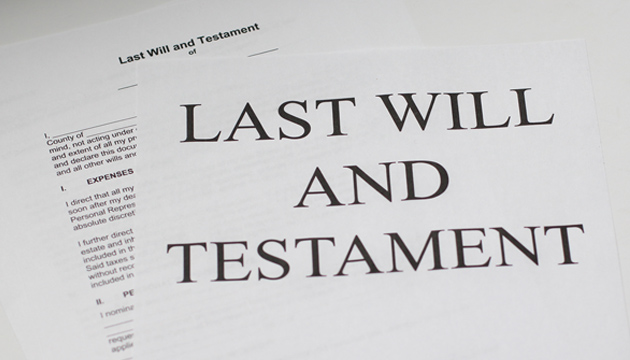For many Filipinos, writing a Will is an emotional exercise. Death or dying is not a welcome thought. “Not yet, not now, can’t be now,” is the usual plea. After all, a Will could be controversial and leave in its wake disappointments, tensions and conflicts that can no longer be put under control by the Will-maker when he dies. It is also in many ways a reflection of how a life was lived, whether family was made the priority or if it is the pursuit of material wealth. Many people do not want to know.
What if there is no Will?
If there is no Will, intestacy rules apply. In British Columbia, the Wills Estate and Succession Act (WESA) dictates how estates are distributed when individuals die with no Will in place.
For example, when a person who dies has a spouse but no children, the entire estate passes to the spouse. If there is a spouse and children, the first $300,000 goes to the spouse and then the remainder is divided equally between the spouse and the children, with all the children sharing in the 50%. It gets more complicated with blended families.
Thus, if there is no Will, the estate does not go automatically to the government. The government will search for an heir up to the fourth degree of relationship. If none is found, the estate will escheat to the provincial government.
However, hardship, delay, extra expenses and considerable inconvenience plague the family of those who die without a Will. Instead of grieving and moving on, instead of focusing on celebrating the life that has passed – whether it is curling up in bed and looking at photographs or throwing a party – those who are left behind are forced to face the reality of their loved one’s passing in the harshest of circumstances. Payment of debts and mortgages leave them cash-strapped; assets are frozen or seized. Moving on becomes difficult. And because they are at their most vulnerable, some fall prey to the unscrupulous.
What is a Will?
A Will is a document that is written and signed that explains or says what a Will-maker wants to be done with his or her property upon death. Wills deal with real estate, money, investments and personal and household belongings.
Wills perform a fundamental role. Will-writing is estate planning and a good Wills attorney, through the help of an accountant, may be able to save the Will-maker thousands of dollars in probate fees and taxes. Affairs will be put in order and assets will be distributed according to the Will-maker’s intention.
If a lawyer is engaged to draft a Will, the lawyer will ask the Will-maker to fill out a Will questionnaire, which will have the following questions:
- choice of the executor, or the one who will administer the Will (and a sub-executor in case the chosen executor predeceases the Will-maker);
- in case there are minor children, the Will-maker must decide who can be the possible guardians (at least 3) who must be healthy, younger than the Will-maker (and the spouse), and share his or her values; and
- assets owned, to whom it should be given, and when.
At the appointment, the lawyer will discuss planning tools (joint tenancies, life insurance, RRSP, RRIF, trusts, charitable donations), probate fees, and tax issues. The lawyer will then obtain instructions from the Will-maker and prepare supporting documentation so it will not be vulnerable to a Wills variation claim.
The cost of preparing a Will varies according to its complexity. Simple Wills cost about $350, and more complex Wills will start at $2,000.
Wills should be reviewed every three to five years or when circumstances change, such as a change in financial circumstances, new marriage, the birth of children, or deaths in the family.
Saying goodbye
A Will could be a final act of grace, of benevolence, or a way to make things right. It could be a last heave before a person and his words go kaput. It can transmit hopes and dreams to people one does not wish to leave too soon.
It is a part-love letter, part-goodbye letter. It is an emotional exercise and a practical one. It puts one’s affairs in order so that those who will be left behind will be spared the additional grief and expense at one’s passing. Most people would prefer not to look but in not looking, they do not know that they might be doing themselves – and the people they love – a disfavour.


